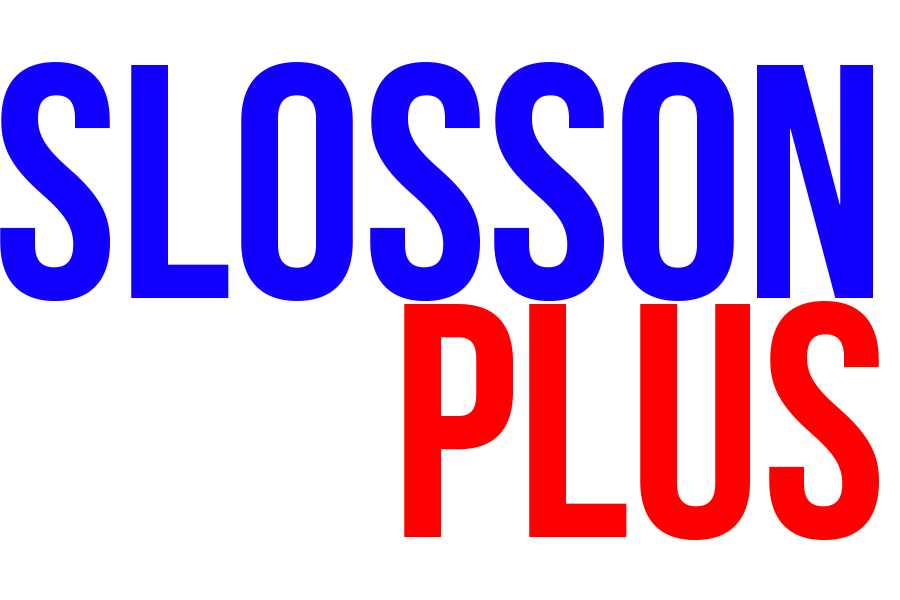Intelligence / Executive Functioning
We provide a wide range of helpful products to assist educators, psychologists, counselors, and more.
Executive Functions Test - Elementary Normative Update (EFTE:NU)
The Executive Functions Test-Elementary: Normative Update (EFT-E: NU) measures language skills that affect executive functions, such as working memory, problem solving, inferring, predicting outcomes, and shifting tasks. It can be used to identify children who have executive-functioning deficits, plan interventions, and represent executive functioning in research studies. The test has four subtests (Attention and Immediate Memory - Verbal, Attention and Immediate Memory - Verbal and Nonverbal, Working Memory and Flexible Thinking, and Shifting) that yield scale scores. A composites score, called the Executive Function Index, represents overall performance on the subtests. The Examiner's Manual includes a comprehensive discussion of the test's theoretical and research-based foundation, item development, standardization, administration and scoring procedures, norms tables, and guidelines for using and interpreting the test's results. Reliability and validity studies were conducted with students with normal language abilities and students who had previously been diagnosed with autism spectrum disorder or learning disabilities.
Child and Adolescent Memory Profile (CHAMP)
The CHAMP is a test of memory that can be used as either a screener or an in-depth evaluation of visual and verbal memory. Based on the latest neuroscience research, it covers core verbal and visual memory domains with engaging to young examinees. Each subtest has multiple learning trials, and no motor responses are required.
Cognitive Assessment System - Second Edition (CAS-2)
The Cognitive Assessment System-Second Edition (CAS2) is a well-researched, norm-referenced measure of cognitive ability based on the cognitive/neuropsychological theory called PASS (Planning, Attention, Simultaneous, and Successive). The CAS2 was designed to measure cognitive processing abilities important for a broad range of differential diagnoses and instructional planning in individuals ages 5-0 through 18-11. CAS2 provides practitioners with a valid and reliable tool to evaluate children's strengths and weaknesses in important areas of cognitive processing.
Multidimensional Everyday Memory Ratings for Youth (MEMRY)
The MEMRY is the first nationally standardized rating specifically designed to measure memory in children, adolescents, and young adults. It measures daily memory, learning, and executive aspects of memory, including working memory.
Shipley-2
Since its original publication in 1940, the Shipley Institute of Living Scale has been widely used to assess functioning and impairment. Revised and restandardized, this enduring test continues to offer a brief yet robust measure of both crystallized and fluid intelligence - now with updated norms, an expanded age range, a nonverbal Block Patterns scale, and unlimited-use computer scoring. The Shipley-2 is an excellent choice whenever you need a quick estimate of cognitive ability. Brief and easily administered to individuals or groups, it is well suited to educational, clinical, rehabilitation, geriatric, neuropsychological, forensic, and human resource applications. Like the original test, the Shipley-2 measures two aspects of cogntion.
Behavior Rating Inventory of Executive Function Second Edition (BRIEF-2)
The BRIEF2 is as efficient, comprehensive, and consistent with current models of executive function as its predecessor but now includes quick screening forms and enhanced features. More than 1,000 peer-reviewed articles about the BRIEF family of products have been published.
Test of General Reasoning Ability (TOGRA)
The TOGRA is a speeded measure of reasoning ability and problem-solving skills that is designed for individual or group administration.
Checklist for Autism Spectrum Disorder (CASD)
The CASD offers a quick, valid means of screening for, and diagnosing, children with Autism, regardless of age, IQ or Autism severity. It consists of a comprehensive list of 30 symptoms of Autism, scored as present (either currently, or in the past) or absent, based on a semi-structured interview with the parent; information from the child's teacher or child care provider; observations of the child, and other available records.






